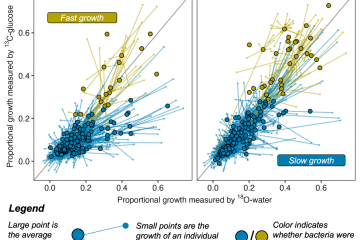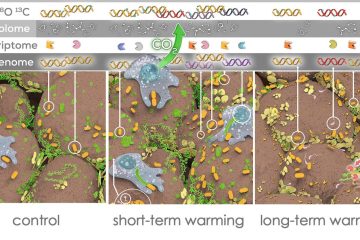Manure acts as a better fertilizer for increasing crop yields than synthetic fertilizer does by improving soil fertility
Fertilization is an important management strategy for crop yields by mediating soil fertility. However, rare studies quantitatively assessed the interactions among fertilization, crop yields, and soil fertility. Here, data from a 25-year fertilization experiment in the humid subtropical region of Southern China were used to evaluate and quantify the effect of fertilization on crop yields via soil fertility. Seven treatments were chosen: CK (non-fertilizer); N (synthetic nitrogen); NP (synthetic N and phosphorus); NPK (synthetic N, P and potassium); NPKM1 (synthetic NPK with manure); 1.5NPKM1 (1.5 times of NPKM1); and M2 (manure alone). Overall, the crop yields of wheat and maize under manure (1.36–1.58 and 3.85-5.82 Mg ha−1) were higher than those under CK (0.34 and 0.25 Mg ha−1) and synthetic fertilized treatments (0.27–0.97 and 0.48–2.65 Mg ha−1), as the averaged of 1991–2015. Higher SOC stocks were found under the NPKM1, 1.5NPKM1, and M2 treatments with a pronounced increase in SOC over the first 10 years and stable over the last 15 years. By the boosted regression trees, manure, synthetic fertilizer and soil properties (SOC storage, soil pH, and soil nutrients) accounted for 39%, 21%, and 40% of the variation of the relative yield, respectively. Path analysis identified a network of inter-relations of manure, synthetic fertilizer, and soil properties in the relative yields. Compared to synthetic fertilized treatments, manure application strongly and positively affected the relative yield by increasing SOC storage, soil nutrients, and soil pH (path coefficients: 0.90, 0.88, and 0.76). These factors explained 72% of the crop yields’ variance. These results suggest that manure application is a viable strategy for regulating crop yields due to its improvement in soil fertility.


